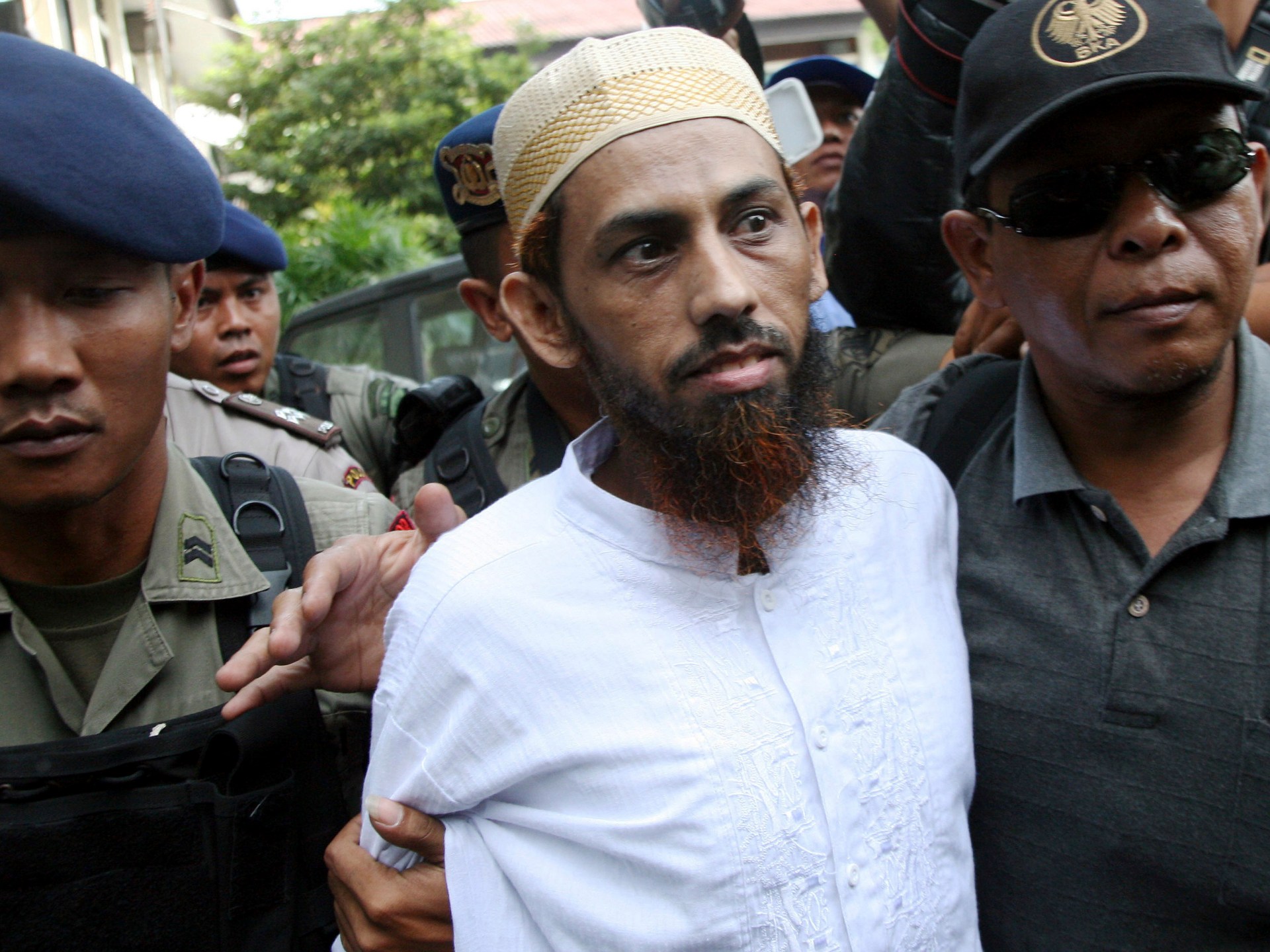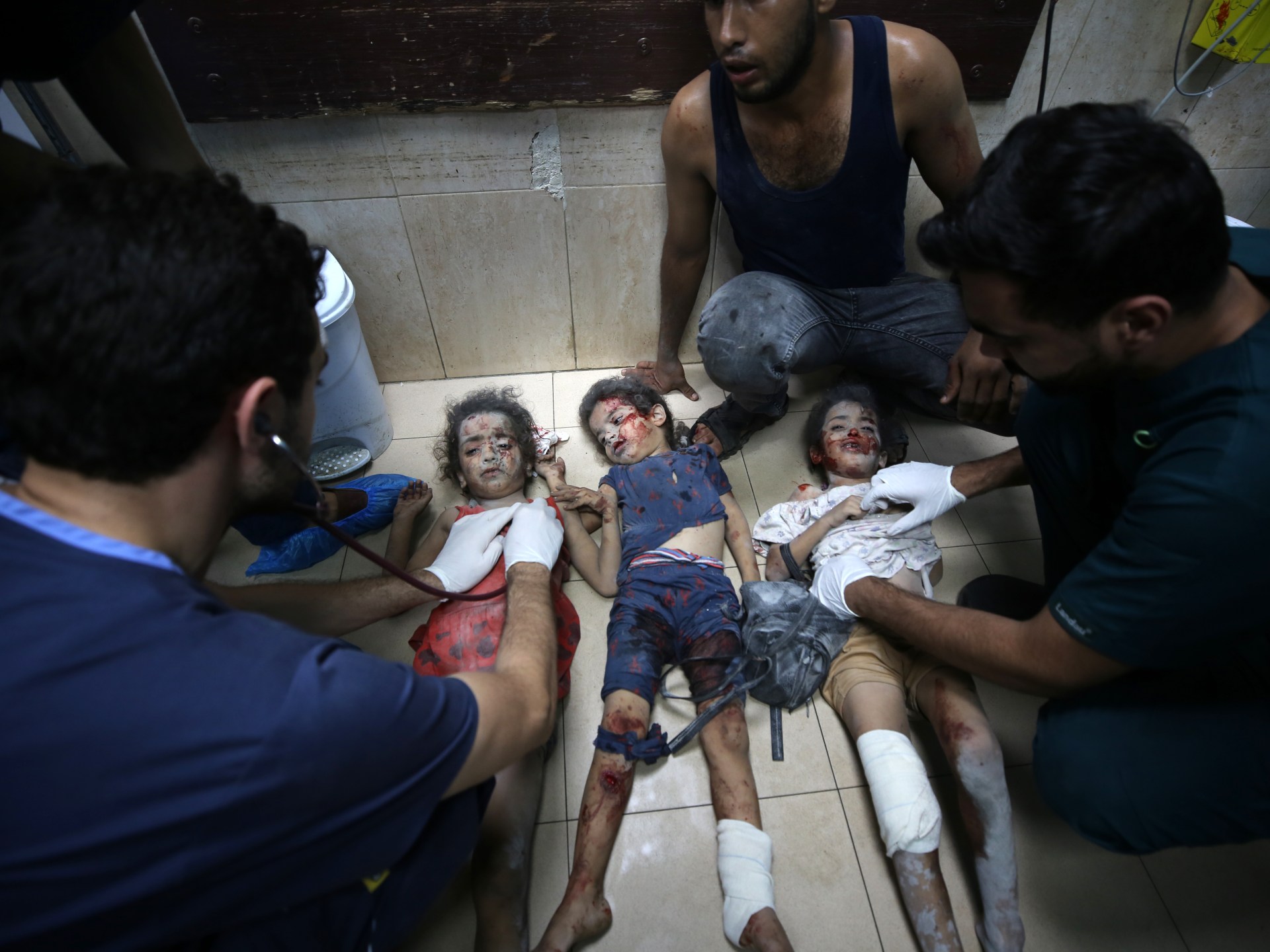
An activist from Zimbabwe’s main opposition party was found dead on the side of the road in the capital Harare, police said on Tuesday. A party spokesman said he was kidnapped over the weekend while campaigning in a local election.
The death of activist Tapfumanei Masaya is the latest in a series of violent episodes that opposition leaders and civil society representatives say have led to a growing political crisis in the southern African country since national elections in August.
President Emmerson Mnangagwa and his ruling party, ZANU-PF, retained power in the August vote, although regional and international observers expressed doubts about the credibility of the election.
Mr. Masaya, 51, a pastor, was campaigning door-to-door on Saturday to promote a candidate along with other members of the Citizens Coalition for Change political party when several SUVs pulled up and attackers jumped out and chased them, Gift Ostallos Siziba said. a spokesman for the party.
When Mr. Masaya stopped to help a disabled fellow activist, the attackers attacked, beat them and took them away in separate vehicles, Mr. Siziba said.
The attackers eventually dumped the disabled activist, who was still alive, on the street but held Mr. Masaya, Mr. Siziba said. He was found dead on Sunday, his body disfigured by cuts from a machete, the spokesman said.
Mr. Masaya’s death has raised alarm in a country where officials from the Citizens Coalition for Change say at least four of its members have been killed since last year. Mr Masaya was the fourth party member to be kidnapped and tortured in the last two months – although the other three survived. according to a Post on Xformerly Twitter, by David Coltart, a senator from the party.
In one of these cases, Takudzwa Ngadziore, a member of parliament, posted a video on Facebook showing his own abduction. In the short, shaky clip, he is seen wearing a suit and tie, breathing heavily, and a man wearing a hat with a Mercedes logo and carrying a rifle rushes toward him. Then the footage ends.
Police confirmed Mr Masaya’s identity in a statement released on Tuesday but said they were still investigating the circumstances of his death.
Farai Muroiwa Marapira, the ruling party’s director of information and public relations, ZANU-PF, said it was disrespectful and irresponsible to the opposition to jump to conclusions about the death before the police investigation was complete.
ZANU-PF had nothing to do with Mr Masaya’s death, he said. The opposition, he said, “would rather reap political benefits from the loss of a family.”
Several kidnappings and some of Zimbabwe’s worst postcolonial political violence occurred after the highly contentious 2008 elections, which resulted in a power-sharing agreement between ZANU-PF and the then largest opposition party, the Movement for Democratic Change.
The lack of police intervention or other government efforts to curb the violence “creates a culture of impunity in the country, and those behind the kidnappings and rights violations continue to do so, knowing that nothing would happen to them,” Rawlings Magede said. Spokesperson for Heal Zimbabwe Trust, a non-profit peacebuilding organization.
Mr Magede said that “the human rights situation in Zimbabwe continues to deteriorate following this year’s elections”.
A Southern African Development Community observer mission criticized this year’s vote, saying there were several irregularities, an almost unprecedented rebuke from a regional organization that tends to avoid openly criticizing member states.
The election, Mr. Siziba said, “created a crisis of illegitimacy in which the state turns against its own citizens.”
Mr Marapira rejected this claim, saying that the Citizens Coalition for Change had not challenged the election results in court within the time allowed under Zimbabwean law.
“In the media, anyone you pay attention to can say whatever they want, whether it’s truth, fiction or the absence of reality,” he said. “The crisis lies only in the imagination of the opposition.”
Jeffrey Moyo Contributing to reporting from Harare, Zimbabwe.






Recent Comments